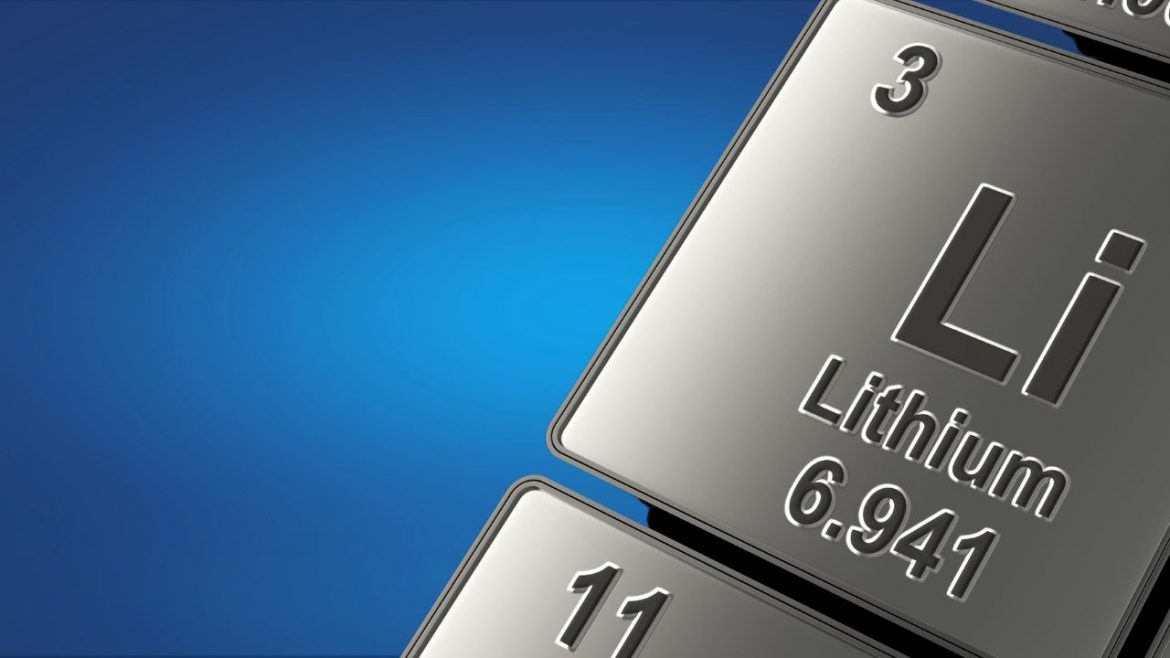Albemarle Corporation, the global leader in lithium production, has announced plans to expand its lithium auction program. This initiative aims to enhance price transparency and foster a better understanding of the complex lithium market, which has been plagued by pricing inconsistencies and confusion.
Eric Norris, head of Albemarle’s energy storage business, revealed the company’s strategy during the Fastmarkets Lithium Supply and Battery Raw Materials Conference in Las Vegas. “What we’re trying to do is build trust,” Norris explained, highlighting the company’s commitment to clearing up widespread confusion about lithium pricing mechanisms.
The lithium market has experienced rapid growth over the past decade, driven by the increasing demand for electric vehicle batteries. However, this growth has been accompanied by pricing challenges, particularly due to the dominance of Chinese futures pricing, which has often led to unclear global reference points. The situation became particularly acute last year when plummeting Chinese prices negatively impacted the stock values of Albemarle and other Western lithium producers.
Albemarle’s response to this price uncertainty began with an auction of some of its Australian lithium supplies in March. Building on the success of this initial auction, the company now plans to replicate this practice globally. Norris indicated that future auctions would cover various types and grades of lithium across different parts of the world.
To further promote transparency, Albemarle intends to share its auction data with pricing agencies such as Fastmarkets. This data will be used to formulate publicly available prices, which are crucial as many of Albemarle’s long-term contracts are linked to such information. Norris believes that this data sharing will also encourage the use of hedging and other financial contracts to reduce risk in the industry.
“If we can create more volume, more liquidity … that’s going to benefit the entire industry,” Norris stated, emphasising the potential widespread advantages of this initiative.
Beyond pricing transparency, Albemarle is also focusing on expanding its production capabilities. In Chile’s Salar de Atacama, where the company currently produces lithium using evaporation ponds, Albemarle has mapped out an aggressive growth plan involving the use of direct lithium extraction technology. However, Norris clarified that the company has no plans to bid on developing Chile’s other lithium-rich salars, preferring to concentrate on maximising the potential of their existing Atacama operations.
Addressing the recent drop in lithium prices, Norris suggested that the current market conditions might be conducive to industry consolidation. He noted that larger players with stronger balance sheets are needed to credibly support future growth in the sector. However, Albemarle’s current priority remains focused on internal organic investments rather than acquisitions.
The lithium industry’s pricing challenges have been further complicated by the slow development of global futures markets. The London Metal Exchange has yet to launch its long-planned lithium futures contract, while volumes on the CME Group lithium contract are significantly lower compared to other critical minerals like copper.



